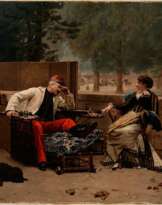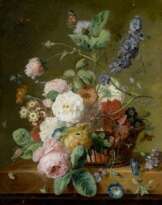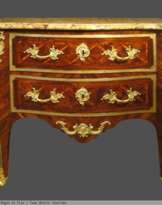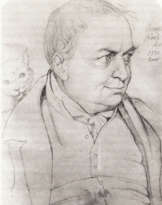Auguste Couder (1790 - 1873)

Auguste Couder
Auguste Couder was a French painter, celebrated for his contributions to the world of art and culture. Couder became a prominent figure in French classicism, creating works that resonate with historical and cultural significance. His education under masters like Jean-Baptiste Regnault and Jacques-Louis David laid the foundation for a career that would leave a lasting imprint on the art world.
Auguste Couder's artistry is not confined to his paintings; he also contributed theoretical writings to the art community, enhancing the intellectual discourse of the time. His notable works, such as "The Siege of Yorktown" and "Muhammad Ali of Egypt," are celebrated for their intricate detail and historical depth, offering viewers a window into the past. These pieces, along with others like "Water, or the Fight of Achilles against Scamander and Simoeis," are housed in prestigious museums, allowing the public to engage with history through Couder's eyes.
His legacy extends beyond his art, as Auguste Couder was an influential figure in French classicism, contributing to the Dictionnaire des Beaux-Arts and authoring insightful essays on art. His works are displayed in esteemed locations like the Museum of the History of France in Versailles and the Louvre, showcasing his versatility in portraying historical and mythical subjects.
For collectors and art enthusiasts keen on exploring the depths of French classicism and historical painting, Auguste Couder's oeuvre offers a rich tapestry of narrative and beauty. To stay informed about upcoming sales and auction events featuring Couder's works, sign up for updates and delve into the world of a master who painted history with a brushstroke of genius.
| Date and place of birt: | 1 april 1790, Paris, France |
|---|---|
| Date and place of death: | 21 july 1873, Paris, France |
| Nationality: | France |
| Period of activity: | XIX century |
| Specialization: | Artist, Painter |
| Genre: | History painting, Mythological painting, Portrait |
| Art style: | Romanticism, Neoclassicism |































